To provide the best experiences, we use technologies like cookies to store and/or access device information. Consenting to these technologies will allow us to process data such as browsing behaviour or unique IDs on this site. Not consenting or withdrawing consent, may adversely affect certain features and functions.
The technical storage or access is strictly necessary for the legitimate purpose of enabling the use of a specific service explicitly requested by the subscriber or user, or for the sole purpose of carrying out the transmission of a communication over an electronic communications network.
The technical storage or access is necessary for the legitimate purpose of storing preferences that are not requested by the subscriber or user.
The technical storage or access that is used exclusively for statistical purposes.
The technical storage or access that is used exclusively for anonymous statistical purposes. Without a subpoena, voluntary compliance on the part of your Internet Service Provider, or additional records from a third party, information stored or retrieved for this purpose alone cannot usually be used to identify you.
The technical storage or access is required to create user profiles to send advertising, or to track the user on a website or across several websites for similar marketing purposes.
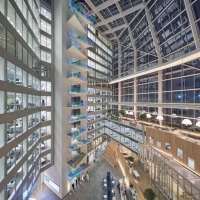 Today, seven major global private sector companies including Goldman Sachs and Lendlease have announced pledges to slash emissions from their buildings to net zero, by signing up to the World Green Building Council’s (WorldGBC) Net Zero Carbon Buildings Commitment (the Commitment). The organisations have pledged to take urgent action to ensure their own portfolios of buildings operate at net zero carbon by 2030 or sooner. (more…)
Today, seven major global private sector companies including Goldman Sachs and Lendlease have announced pledges to slash emissions from their buildings to net zero, by signing up to the World Green Building Council’s (WorldGBC) Net Zero Carbon Buildings Commitment (the Commitment). The organisations have pledged to take urgent action to ensure their own portfolios of buildings operate at net zero carbon by 2030 or sooner. (more…)









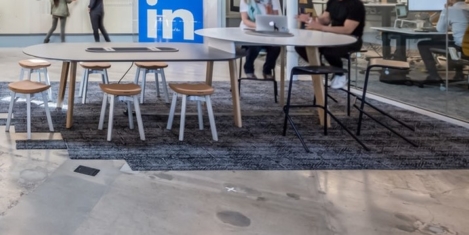
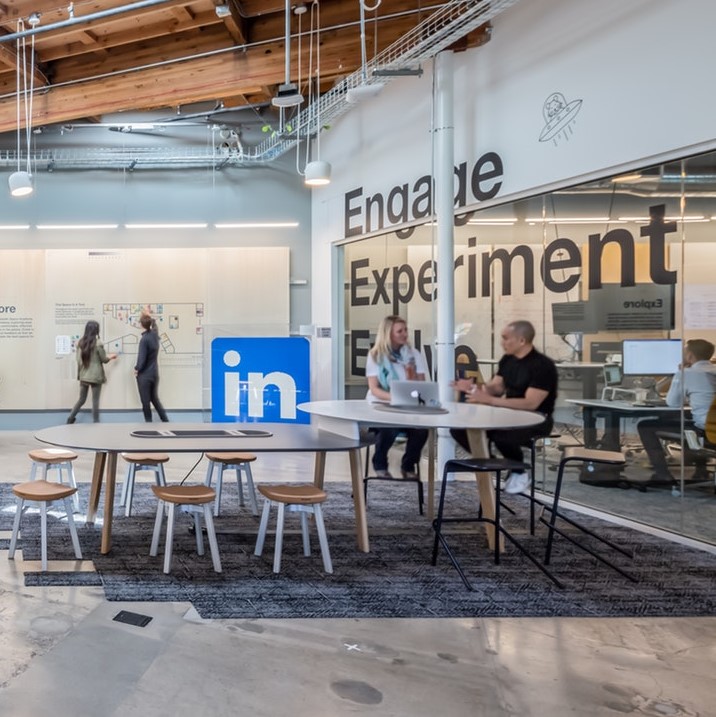


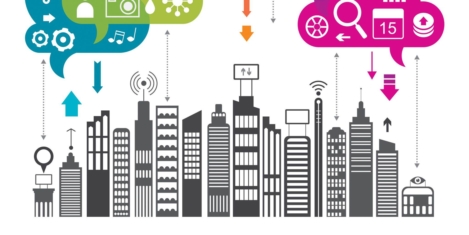







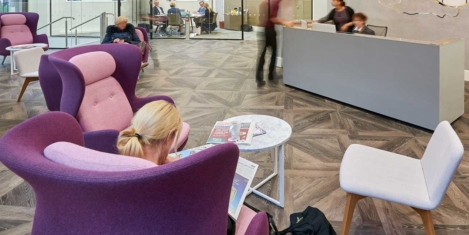
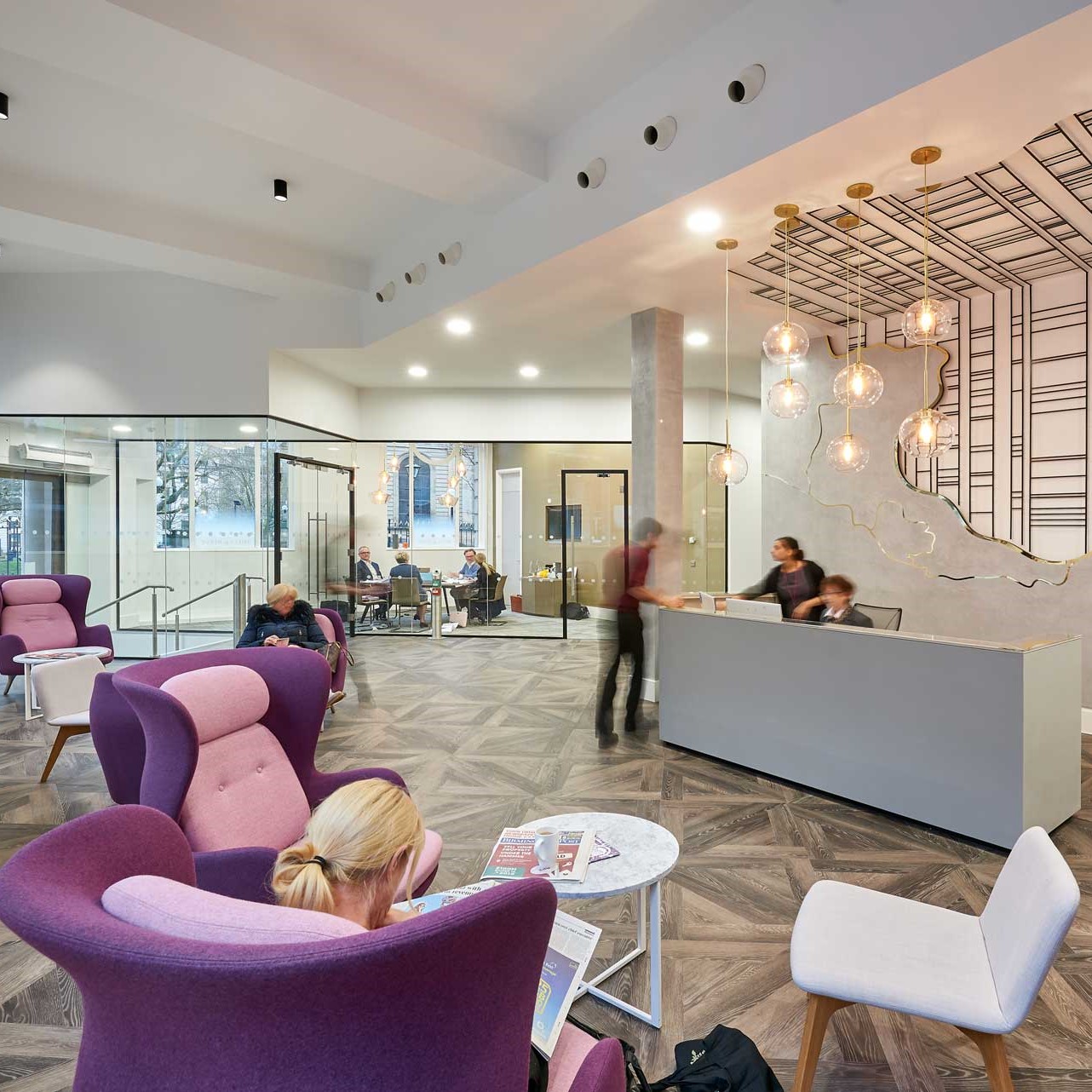


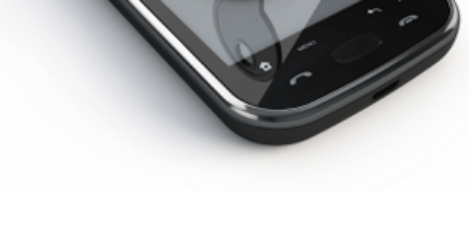










December 9, 2019
Do emails outside of work hours breach employment law?
by Darius Whelan • Comment, Technology, Wellbeing